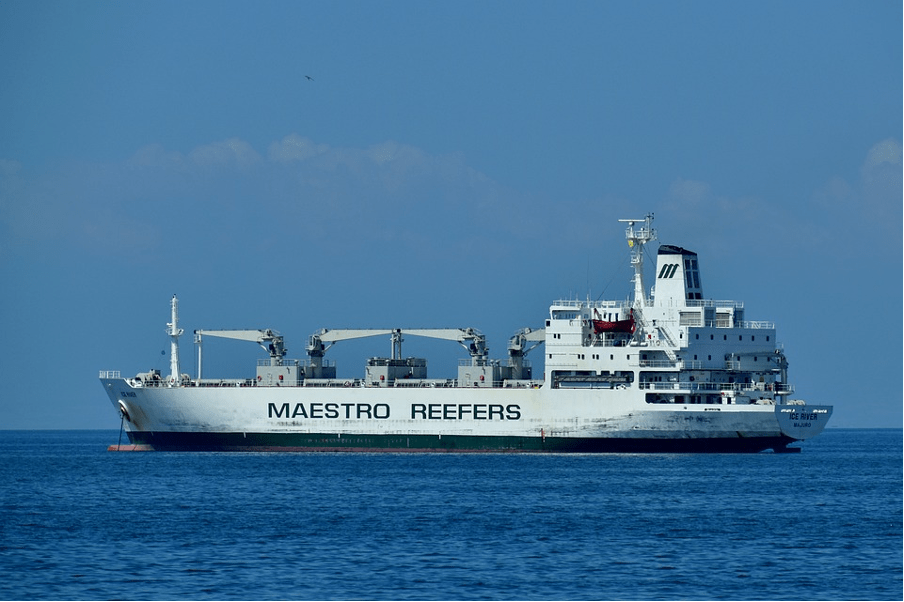
Transporting a boat or yacht for the holidays can be a daunting and time-consuming task. You need to take into consideration the size of your boat, its weight, the distance you will travel, and even what type of transportation you will use.
To make sure that everything goes smoothly when transporting your vessel, here are seven essential things to keep in mind.
Prepare your boat for transportation
Before the transport begins, make sure that the boat is properly prepared. Have it professionally cleaned and inspected to ensure that everything is running smoothly and in working order. Make sure to check all the lights, tires, and other necessary components before transport begins.
Additionally, make sure that the battery is disconnected and that any loose items are securely stowed away. If you have a sailboat, be sure to lower the mast and secure it in place.
Choose a reliable transporter
When selecting a boat transport service, it’s important to make sure that they are reputable and experienced in boat transportation.
Depending on the vessel you are transporting, you may need to select a specialized transporter who has the necessary equipment and experience. To find a dependable yacht shipping company, do some research and read reviews online to ensure that they have a good track record. Of course, you’ll also want to compare prices before making your final decision.
For a boat or yacht, it’s important to make sure that the transporter has a long flatbed trailer and a winch. Ensure that all permits and insurance are in place before transport.
Check insurance coverage
Ensure that the transport company or driver has adequate insurance for both travel and any damage that could happen during transit. Make sure to obtain a copy of the policy before signing up with them as well as detailed information about their liability limits and what would be covered in the event of an accident.
For instance, some policies will cover theft, fire, and storm damage while others may only cover the cost of a new boat if something goes wrong. You should also check if the transport company has any provisions that would help you recoup some of your losses if something goes wrong during the transit.
Prepare for international transportation
If you are transporting a boat overseas, there may be additional steps involved in the process. You’ll need to make sure that all necessary documents are in order such as customs paperwork, licenses, and permits. You’ll also need to check with the various countries that you are traveling through for any additional regulations or laws.
For instance, some countries require that vessels be shipped in containers while other countries may need you to submit a detailed inventory of the items on board.
Be prepared for unexpected delays
No matter how well you plan, there is always a chance of an unexpected delay due to weather, mechanical problems, or other factors. Make sure to leave enough time for the transport and plan in case of any delays. Additionally, it’s important to stay in contact with the transporter throughout the process so that you can be informed of any changes or delays.
On the other hand, you should also be prepared for the possibility of an early arrival. Make sure to have a plan in place, such as having someone meet the transporter so that they can unload your boat quickly and get it ready for use.
Keep track of the journey
Once your boat is on its way, make sure to keep track of it throughout the entire process. This can be easily done with tracking software that most transport companies use. This will allow you to know the exact location of your boat at any given time, including when it is in transit and when it reaches its destination.
Of course, if you have any special requests or needs, make sure to inform the transporter beforehand so that appropriate arrangements can be made.
Be realistic about the cost
Finally, when transporting a boat or yacht, be realistic about the cost. Depending on the type of vessel, size and distance traveled, transport fees can vary greatly. Make sure to get several quotes before deciding so that you know exactly what to expect.
Additionally, if there are any additional services needed such as special loading requirements or extra handling fees, make sure these costs are factored into the overall price.

Therefore, when transporting a boat or yacht, it’s important to make sure that you do your research and prepare for any unexpected delays.
Make sure to check the transporter’s insurance coverage so that any potential losses are covered in case of an accident. Additionally, if you are traveling overseas be aware of all necessary documents needed such as permits and licenses. Lastly, always get several quotes before making a decision on which transport company to use – this will help ensure that you pay only what is necessary for the successful transportation of your vessel.
With these tips in mind, you can rest assured knowing that your boat or yacht will arrive safely at its destination!



